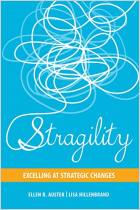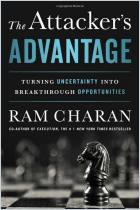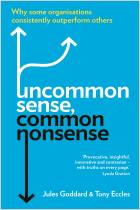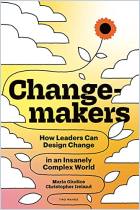Acesse a sua conta getAbstract para obter o resumo!

Acesse a sua conta getAbstract para obter o resumo!
Shane Cragun and Kate Sweetman
Reinvention
Accelerating Results in the Age of Disruption
Greenleaf Book Group, 2016
Sobre o que é?
Anticipate change, act on it early and drive it.
Recommendation
Consultants Shane Cragun and Kate Sweetman offer a gem of an idea somewhat surrounded with material that experienced managers have read before. But their filler adds value as well if you’re new to exploring the business and management genre. Seasoned professionals can go directly to chapters three through five to get ahead of change and disruption in their career or business. Cragun’s and Sweetman’s “Reinvention Formula” and “Road Map” offer superior insights and a structured process for anticipating change, acting on it early and – to a degree – driving disruption instead of being driven by it. getAbstract recommends this manual to newcomers to the change management genre and to veterans seeking systematic strategies.
Summary
About the Authors
Shane Cragun and Kate Sweetman share a global consulting practice. They offer self-assessment resources at www.ageofdisruption.com.



















Comment on this summary